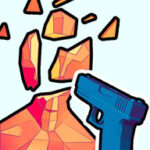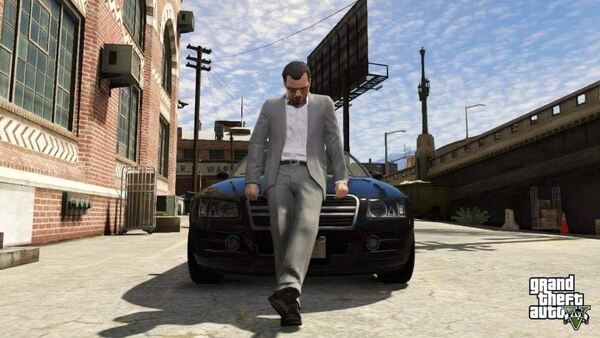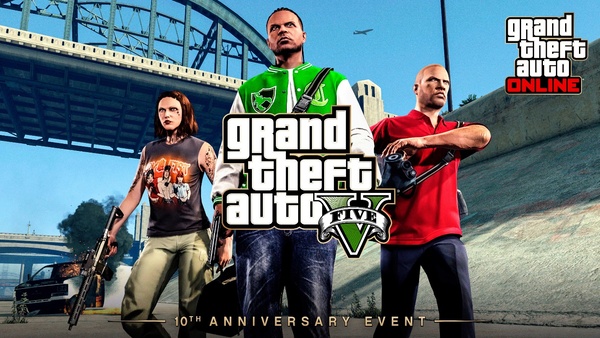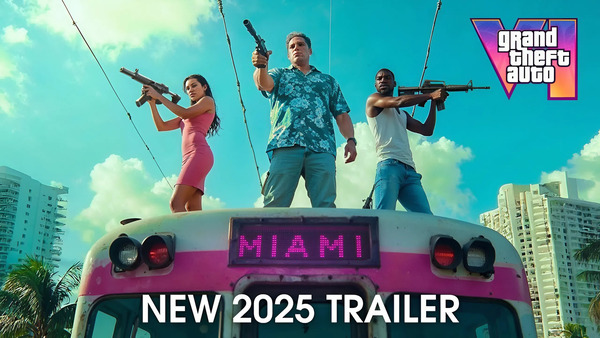NARAKA: BLADEPOINT isn't just another entry into the battle royale genre; it's a stylish, high-octane hybrid of martial arts, mythology, and competitive melee combat. Since its release, it has captured the attention of players around the world with its fluid movement system, deep combat mechanics, and unique setting inspired by East Asian aesthetics. With grappling hooks, parkour elements, and hero-based gameplay, it stands as a bold departure from typical shooting-focused titles like PUBG or Apex Legends.
In this comprehensive guide, we’ll explore the journey of NARAKA: BLADEPOINT from concept to cultural phenomenon. We’ll analyze its mechanics, content evolution, pros and cons, competitive scene, and more. Whether you’re a veteran warrior or curious newcomer, this deep dive will equip you with everything you need to understand what makes this game a martial arts masterpiece.
1. The Birth of NARAKA: BLADEPOINT
Origins and Development
Developed by 24 Entertainment and published by NetEase Games, NARAKA: BLADEPOINT was first revealed in late 2019. From the beginning, the developers emphasized the game’s focus on vertical movement, fast-paced melee combat, and aesthetic inspiration from wuxia (Chinese martial heroes) cinema.
Vision Behind the Game
What set NARAKA apart was its promise: a battle royale where movement was as much a weapon as the sword. Grappling hooks, wall runs, and parkour would allow players to move like characters from Crouching Tiger, Hidden Dragon — and fight with the precision of a martial arts film.
2. Launch and Initial Reception
Global Release and Impact
The game launched globally on August 12, 2021, for PC. With a player base hungry for innovation, NARAKA quickly found an audience. It topped Steam’s global sales charts in its debut week and sold over six million copies in its first few months.
Feedback and Community Response
Critics praised the art style and combat system, though some found the steep learning curve challenging. The community response was generally positive, especially from fans of fighting games who appreciated the skill-based combat.
3. Unique Combat System and Mechanics
Melee-Focused Battle Royale
Unlike most battle royales that rely on ranged combat, NARAKA emphasizes close-quarters fighting. Players wield swords, spears, and nunchaku, and must master combos, parries, and dodges. There’s also a rock-paper-scissors element to attacks, adding tactical depth.
Movement and Grappling Hook
The mobility system is a game-changer. Players can scale walls, dash across rooftops, and use a grappling hook to chase, escape, or reposition. This makes positioning a core part of strategy, unlike the static cover-shooting of other BRs.
Key Mechanics:
-
Light, charged, and focus attacks
-
Counterattack window (“parry” system)
-
Ultimate abilities (unique to each hero)
-
Souljade system for skill boosts
4. Heroes and Character Progression
Hero Roster and Abilities
NARAKA features a growing roster of heroes, each with distinct skills and ultimates. From the sword-wielding Viper Ning to the tanky Matari, the diversity in playstyles ensures every match feels fresh.
Customization and Growth
Players unlock skins, voice lines, emotes, and upgrades through gameplay or the in-game shop. The Glyph system allows for nuanced stat customization, letting you build for aggression, defense, or mobility.
Popular Heroes:
-
Viper Ning – crowd control and area denial
-
Temulch – wind-based shields and zoning
-
Kurumi – healing and support
-
Wuchen – teleportation and portal mechanics
5. Seasonal Updates and Content Expansion
Live Service Model
NARAKA: BLADEPOINT adopts a seasonal model, with new heroes, cosmetics, maps, and balance changes introduced regularly. Each season includes a battle pass and themed events to keep players engaged.
Notable Additions
Over time, the game has added new weapons like dual blades, nunchaku, and staff, as well as new maps such as Holoroth, an icy, vertical arena that further amplifies the game’s mobility mechanics.
Seasonal Content Includes:
-
Weapon rebalancing
-
Hero buffs/nerfs
-
New PvE events
-
Limited-time modes (e.g., Shadow Surge)
6. Cross-Platform Expansion and Free-to-Play Shift
Launch on Consoles
After PC success, NARAKA launched on Xbox Series X/S and PlayStation 5. Cross-platform play brought a wider audience, though balancing mouse-and-keyboard versus controller remained a challenge.
Transition to Free-to-Play
In 2023, NARAKA: BLADEPOINT went free-to-play, attracting millions of new users. The monetization model now leans heavily on cosmetics and seasonal passes, similar to Fortnite or Valorant.
F2P Content Access:
-
All base heroes
-
Free hero rotation
-
Cosmetic-only purchases
-
Premium battle pass with exclusive rewards
7. Esports and Competitive Scene of NARAKA: BLADEPOINT
Tournament Growth
Though relatively new in the esports world, NARAKA has hosted World Championships with significant prize pools. Teams from Asia, especially China and Korea, have dominated the competitive meta.
Spectator-Friendly Design
Thanks to cinematic camera work and replay systems, the game has become surprisingly watchable for a melee-based BR. Key plays and clutch grapples generate massive hype during streams.
Notable Events:
-
NARAKA World Championship
-
NARAKA Arena
-
Streamer Showdowns and Regional Qualifiers
8. Cultural and Artistic Identity of NARAKA: BLADEPOINT
Wuxia and Mythology
The world of NARAKA is steeped in Chinese mythology, from weapons and attire to architecture and music. This sets it apart visually and tonally from Western shooters.
Artistic Direction
Every weapon swing, map location, and voiceover feels handcrafted to evoke the beauty and brutality of a mythical East Asian battlefield. The visual design is both elegant and gritty.
Artistic Elements:
-
Traditional instruments in soundtrack
-
Ink-painting style loading screens
-
Hero lore rooted in folklore
9. Future of NARAKA: BLADEPOINT - What Lies Ahead?
Roadmap and Ambitions
24 Entertainment has laid out a multi-year roadmap, including new heroes, crossovers with other franchises, and single-player PvE expansions. They also hint at an anime series and more storytelling integration.
Longevity in the Genre
If the developers can maintain balance, content flow, and community engagement, NARAKA: BLADEPOINT could become a lasting pillar in the battle royale and martial arts game scenes.
Future Features in Development:
-
Clan systems and alliances
-
Full PvE co-op raids
-
Expanded map biomes
-
Mobile port enhancements
Conclusion: NARAKA’s Legacy in the Making
NARAKA: BLADEPOINT has already made a mark with its bold reinvention of battle royale mechanics through a martial arts lens. By embracing melee combat, vertical mobility, and hero-based strategy, it stands as one of the most distinct multiplayer experiences in recent years.
Though it faces challenges like any live service game, its innovation, aesthetic identity, and competitive potential give it lasting power. Whether you enter for the intense 1v1 duels or the massive 60-player battles, NARAKA offers both art and adrenaline.



























